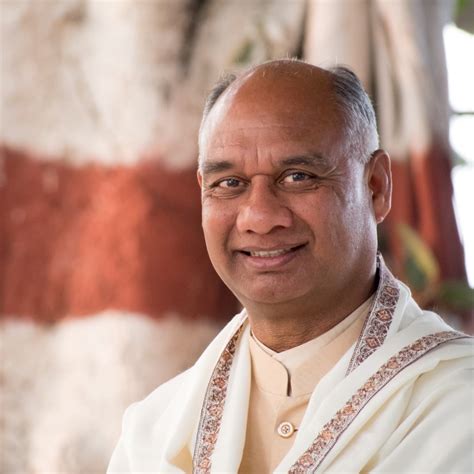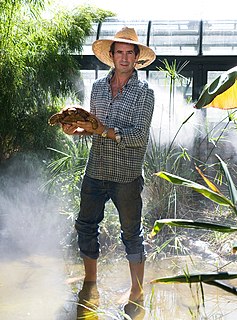A Quote by Jared Diamond
Thousands of years ago, humans domesticated every possible large wild mammal species fulfilling all those criteria and worth domesticating, with the result that there have been no valuable additions of domestic animals in recent times, despite the efforts of modern science.
Related Quotes
A few years ago, they [Neandertals] were thought to be ancestral to anatomically modern humans, but now we know that modern humans appeared at least 100,000 years ago, much before the disappearance of the Neandertals. Moreover, in caves in the Middle East, fossils of modern humans have been found dated 120,000-100,000 years ago, as well as Neandertals dated at 60,000 and 70,000 years ago, followed again by modern humans dated at 40,000 years ago. It is unclear whether the two forms repeatedly replaced one another by migration from other regions, or whether they coexisted in some areas
There are about 250,000 different species of fossil plants and animals known . . In spite of this large quantity of information, it is but a tiny fraction of the diversity that [according to the theory] actually lived in the past. There are well over a million species living today and . . [it is] possible to predict how many species ought to be in our fossil record. That number is at least 100 times the number we have found.
Those who consume animals not only harm those animals and endanger themselves, but they also threaten the well-being of other humans who currently or will later inhabit the planet. ... It is time for humans to remove their heads from the sand and recognize the risk to themselves that can arise from their maltreatment of other species.
Increasingly, we will be faced with a choice: whether to keep the oceans for wild fish or farmed fish. Farming domesticated species in close proximity with wild fish will mean that domesticated fish always win. Nobody in the world of policy appears to be asking what is best for society, wild fish or farmed fish. And what sort of farmed fish, anyway? Were this question to be asked, and answered honestly, we might find that our interests lay in prioritizing wild fish and making their ecosystems more productive by leaving them alone enough of the time.
Farm animals are far more aware and intelligent than we ever imagined and, despite having been bred as domestic slaves, they are individual beings in their own right. As such, they deserve our respect. And our help. Who will plead for them if we are silent? Thousands of people who say they ‘love’ animals sit down once or twice a day to enjoy the flesh of creatures who have been treated so with little respect and kindness just to make more meat.

































